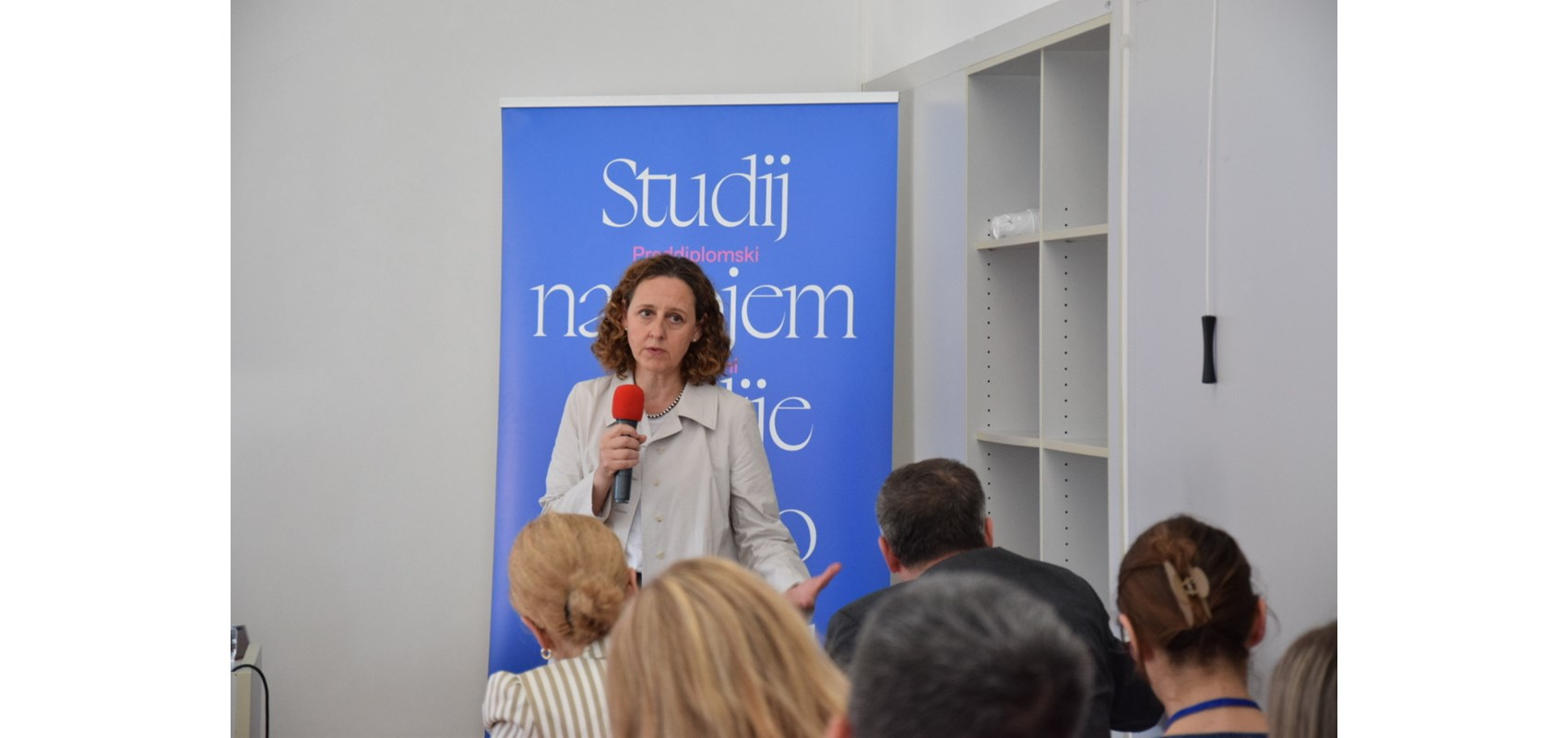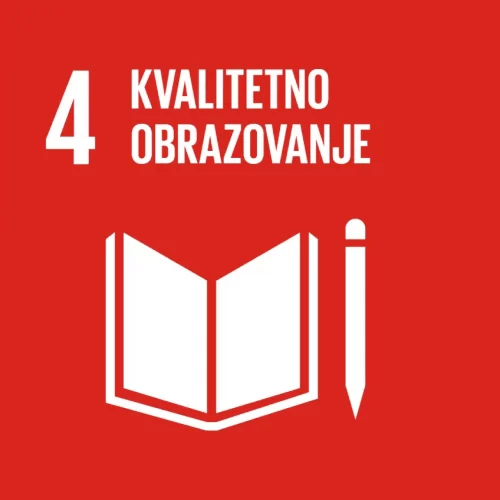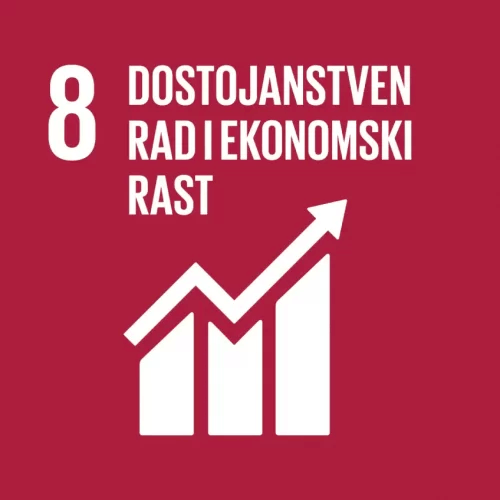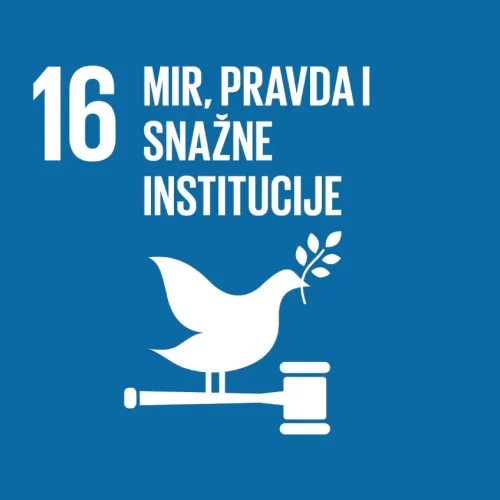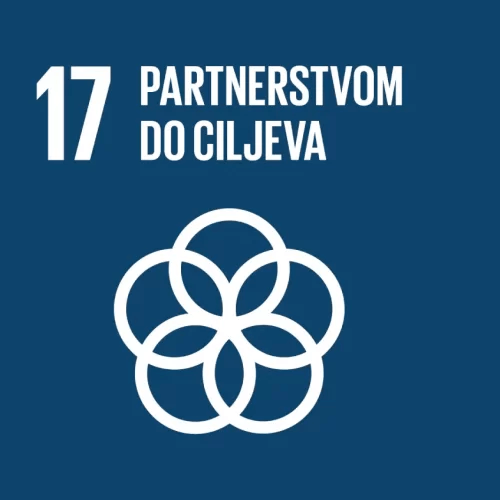The first day of the Communication and Media Days Split 2024 conference is behind us. The head of the study program, Professor Viktorija Car, Klaus Fiesinger, Regional Director for Southeast Europe at the Hanns-Seidel Foundation, Nikola Koceić-Bilan, Vice-Rector for Students, Teaching and Operations at the University of Split, and Nina Obuljen Koržinek, Minister of Culture and Media of the Republic of Croatia, officially opened the first conference of our study program!
Following the opening ceremony, the first panel titled Disinformation in Post-Truth Society was held, featuring Minister Nina Obuljen Koržinek, Vice-Rector Nikola Koceić-Bilan, and Zrinka Ujević, Head of the European Commission Representation in Croatia. The panel was moderated by Professor Viktorija Car.
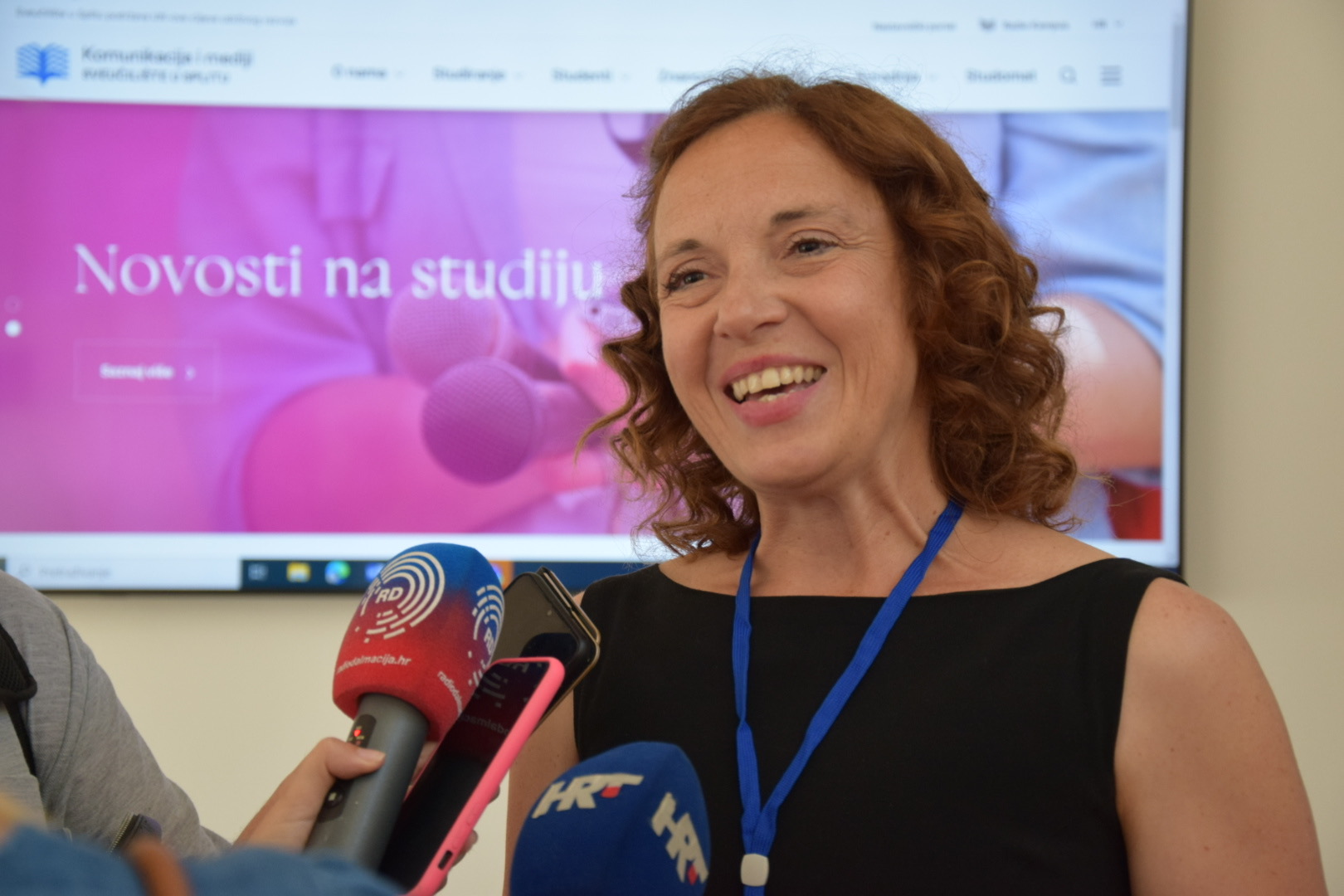
At the beginning of the panel, Zrinka Ujević highlighted the ways in which the European Union, and specifically the European Commission, is combating the problem of disinformation that has become entrenched in today’s society. Minister of Culture and Media Nina Obuljen Koržinek emphasized that an EU member state like the Republic of Croatia cannot be separated from the broader European context — media policy is created in parallel. She stressed that the European context is essential for the national context and underlined that the Croatian Government is actively engaged in both. She also announced upcoming changes to the Media Act and the Electronic Media Act, emphasizing that every change must be implemented within the judicial system, as this is the only way for reforms to be effective.
Vice-Rector Nikola Koceić-Bilan pointed out the responsibility of the higher education system in timely educating society on this topic. He emphasized that education must continuously develop and be encouraged — education is key, and educated people should be the light that illuminates society, not those who cause it harm.
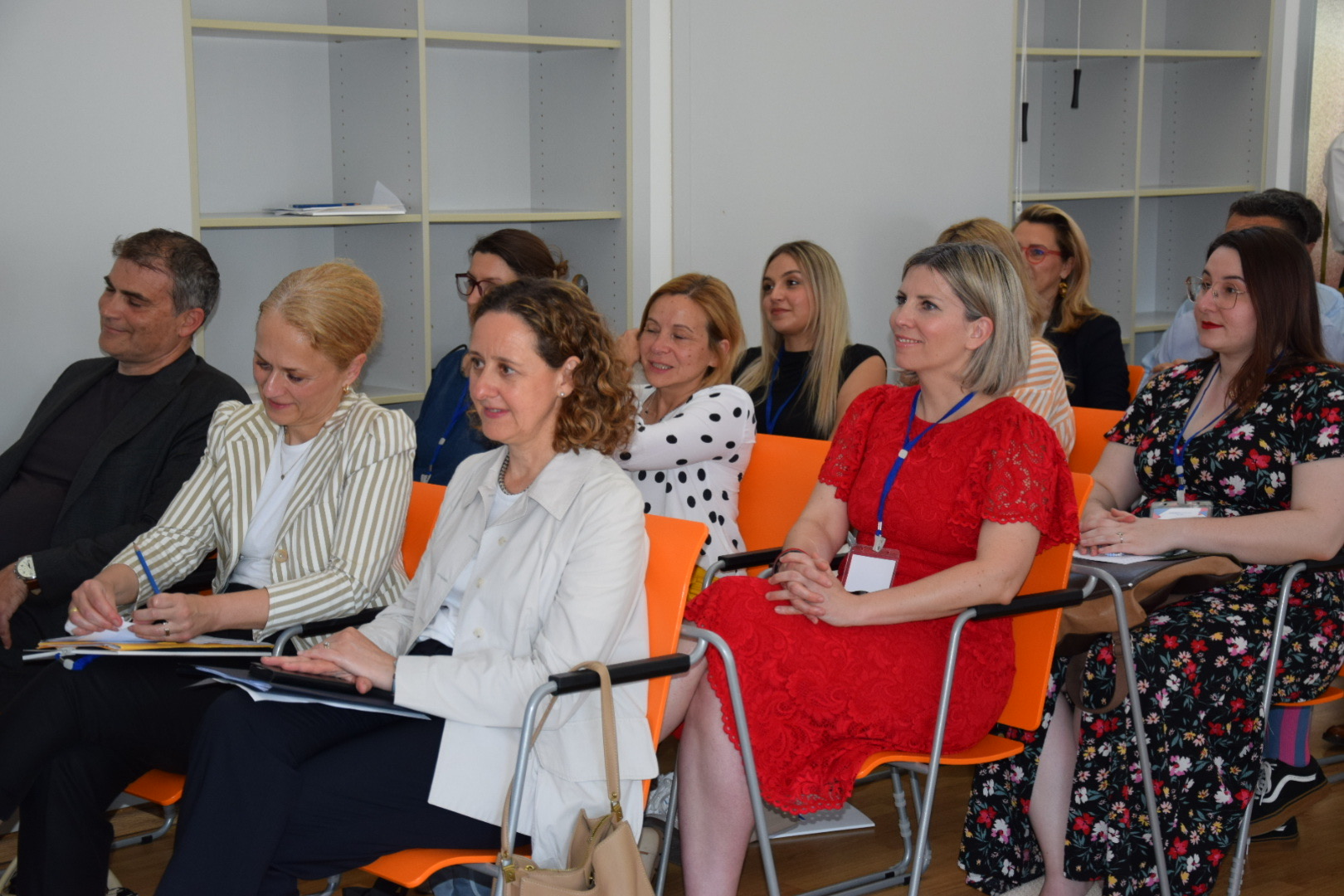
Alex Grech, one of the keynote speakers at the conference and a guest from the University of Malta, concluded the first day of the conference with a lecture titled Digital Literacies for a Post-Truth Society. The topic of the lecture was closely related to the issues discussed in the first panel. Professor Grech defined the terms misinformation, disinformation, and malinformation, explaining them in the context of the media and the post-truth society we live in.
He focused particularly on the concept of digital literacy, including media and information literacy as key components. He emphasized how these terms operate simultaneously within the broader information crisis surrounding us. Using numerous examples, he confirmed his points and raised awareness among the audience about this pressing issue.
Despite the complexity of the situation, he concluded the lecture with positive solutions that could help our society overcome the crisis: fact-checking, co-learning, education, better technology, networking, and conscious disconnecting when necessary.
On Friday, the conference will continue with new lectures and panels by Croatian and European experts, and student participants can look forward to engaging workshops.
Marijeta Babik


